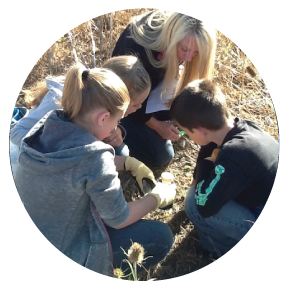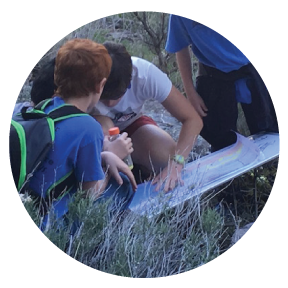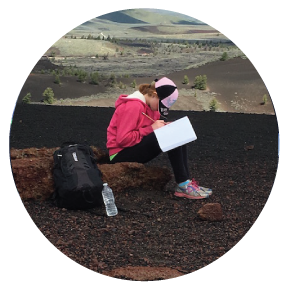Our Mission, Vision & Philosophy
CCID use research-supported instructional strategies, a positive learning environment, and collaborative student-community partnerships to foster a passion and curiosity for the STEM disciplines.
Mission Statement
The Center for Creativity, Innovation and Discovery is a student-centered, K-8 charter school that provides a challenging, place-based, integrative STEM-centered curriculum. CCID uses research-supported instructional strategies, a positive learning environment and collaborative student-community partnerships to foster a passion and curiosity for the STEM disciplines.
Vision
Our vision for (CCID) is a foundation that STEM education is active and focuses on a student-centered learning environment. Students will be engaged in questioning, problem solving, collaboration, and hands-on activities while they address real life issues. In integrative STEM education, teachers function as classroom facilitators, working with students to frame worthwhile questions, structuring meaningful tasks, coaching both knowledge development and social skills, and carefully assessing what students have learned from the experience.
Creativity + Innovation + Discovery
Our school is firmly rooted in the belief expressed by Linda Darling-Hammond, a professor of education at Stanford and founding director of the National Commission on Teaching and America’s Future, “Today the top three skills in demand by Fortune 500 businesses are teamwork, problem-solving, and interpersonal skills. We need schools that are developing these skills.” In keeping with this declaration, we have embraced as our three core values: Creativity, Innovation and Discovery. Educational experiences, programs, delivery of instruction, facilities, and all teaching and learning will be driven by these core values.
Opportunities to Make Sense of the World Holistically
Weaving together our core values and the Utah Core Standards, with a focus on Integrative STEM education, gives students amazing opportunities to make sense of the world holistically, rather than by bits and pieces. In addition to the Utah Core Standards, CCID will incorporate wherever possible the National Science Education Standards, the National Teachers of Mathematics Standards, the National Technology Standards for Students, the Standards for Technological Literacy, American Society of Engineering Education, and Next Generation Science Standards.
Make it REAL | Make it RELEVANT | Make it RIGOROUS
In simplistic terms our philosophy is deeply rooted in the three R’s. Make it REAL, make it RELEVANT, and make it RIGOROUS. This philosophy manifests itself through the purposeful use of project-based, placed-based, discovery, and inquiry-based pedagogy.
Place-based Education
It’s no longer enough just to “know stuff” or to master the fundamental skills of reading and writing of course, that’s still vitally important, but of equal importance is owning a set of complex skills that go beyond straight facts, skills that are necessary to succeed in today’s world: teamwork, critical thinking, communication, decision-making, etc. That’s the primary benefit of project-based learning. It combines traditional classroom knowledge with real-world expertise and skills to better prepare students for success.Placed-based education is the process of using the local community and environment as a starting point to teach concepts in language arts, mathematics, social studies, science, and other subjects across the curriculum. The findings of experts such as David Sobel are clear: place-based education fosters students' connection to place and creates vibrant partnerships between schools and communities. It boosts student achievement and improves environmental, social, and economic vitality.